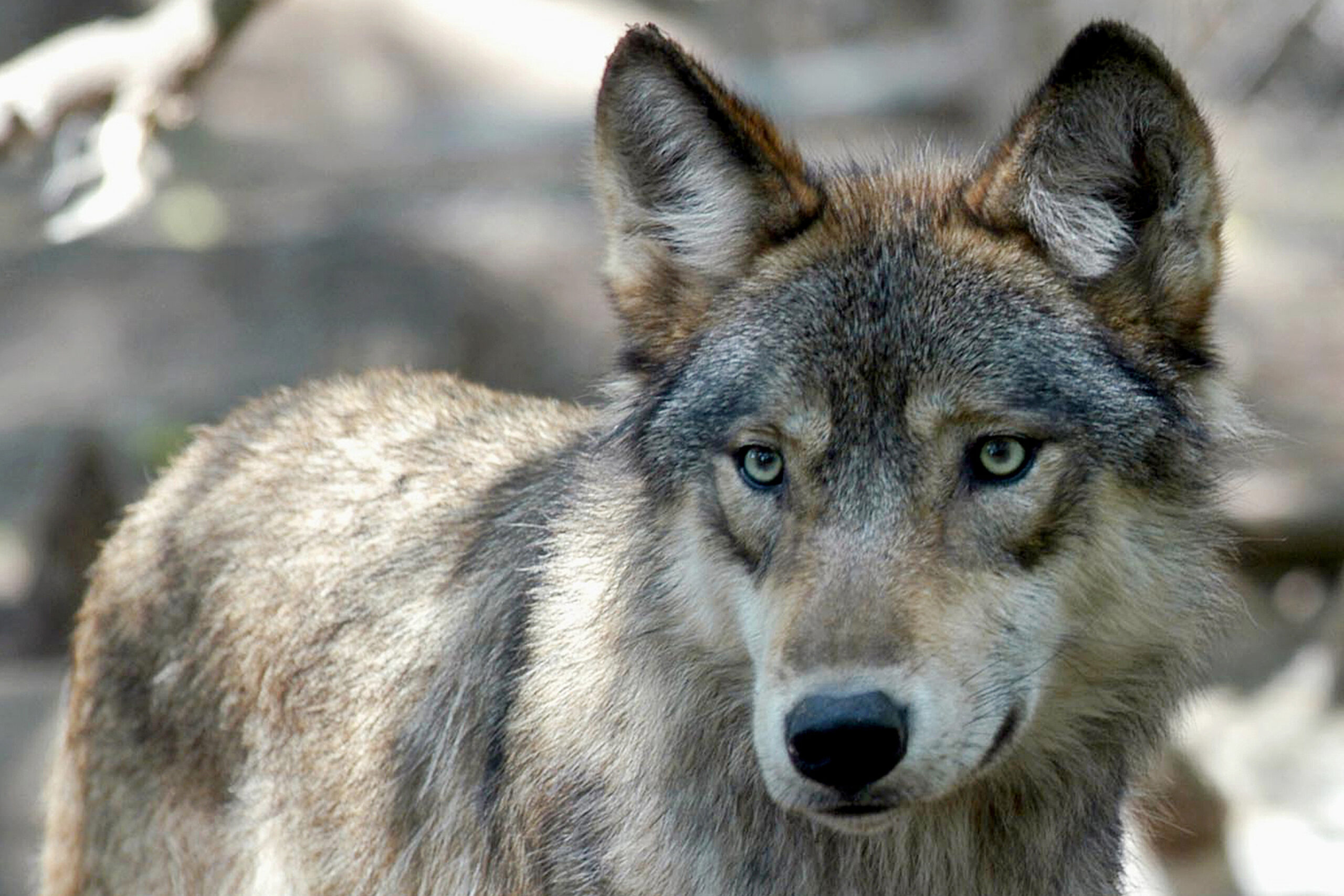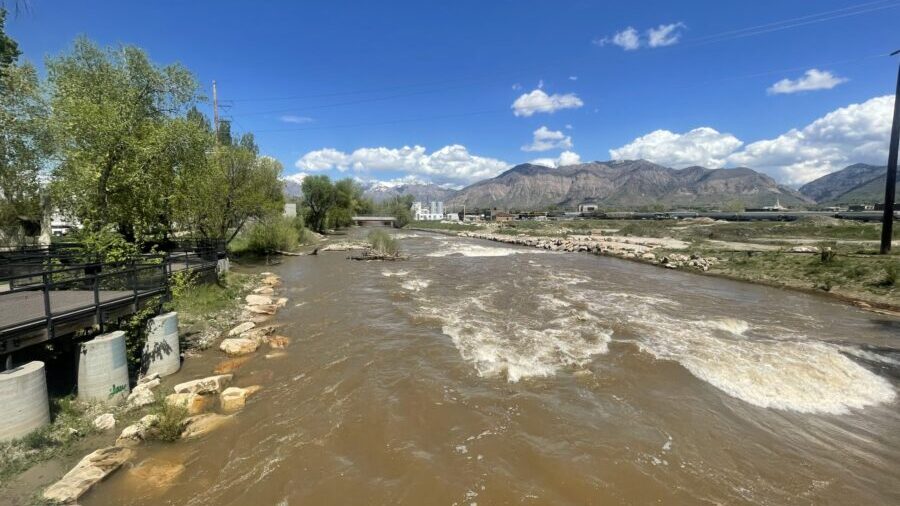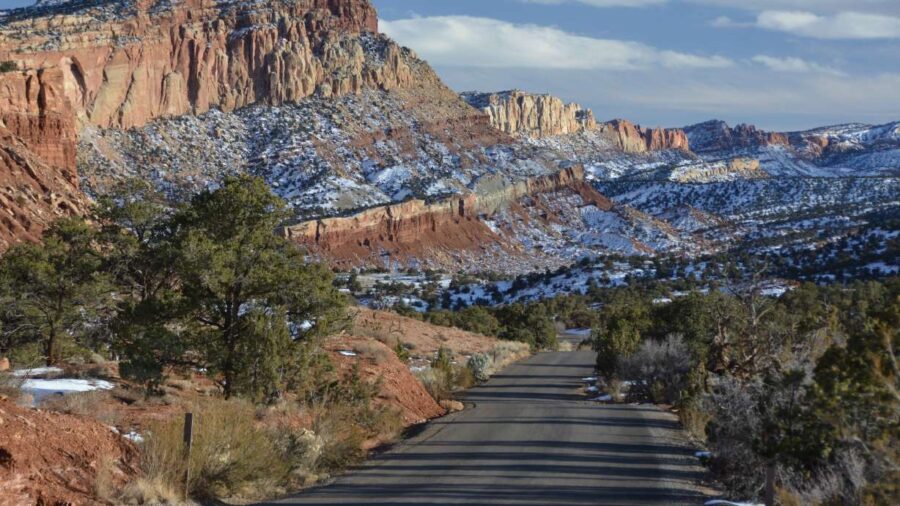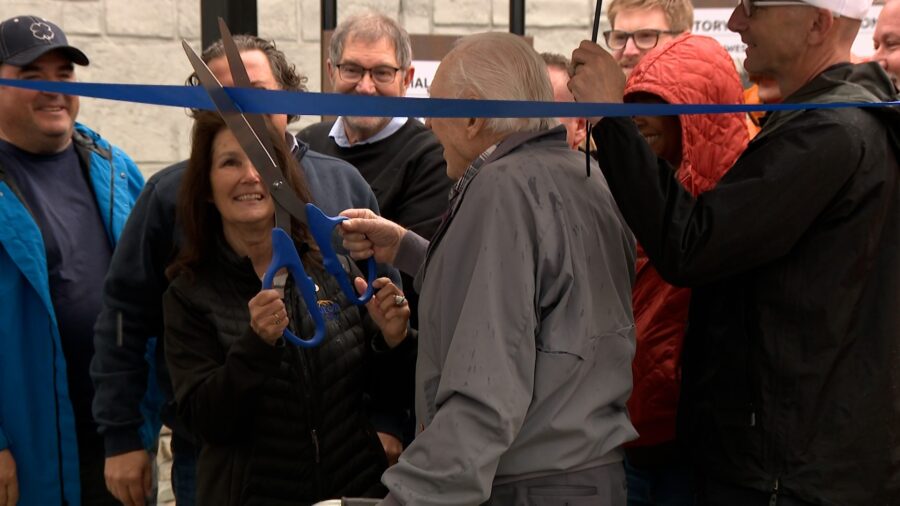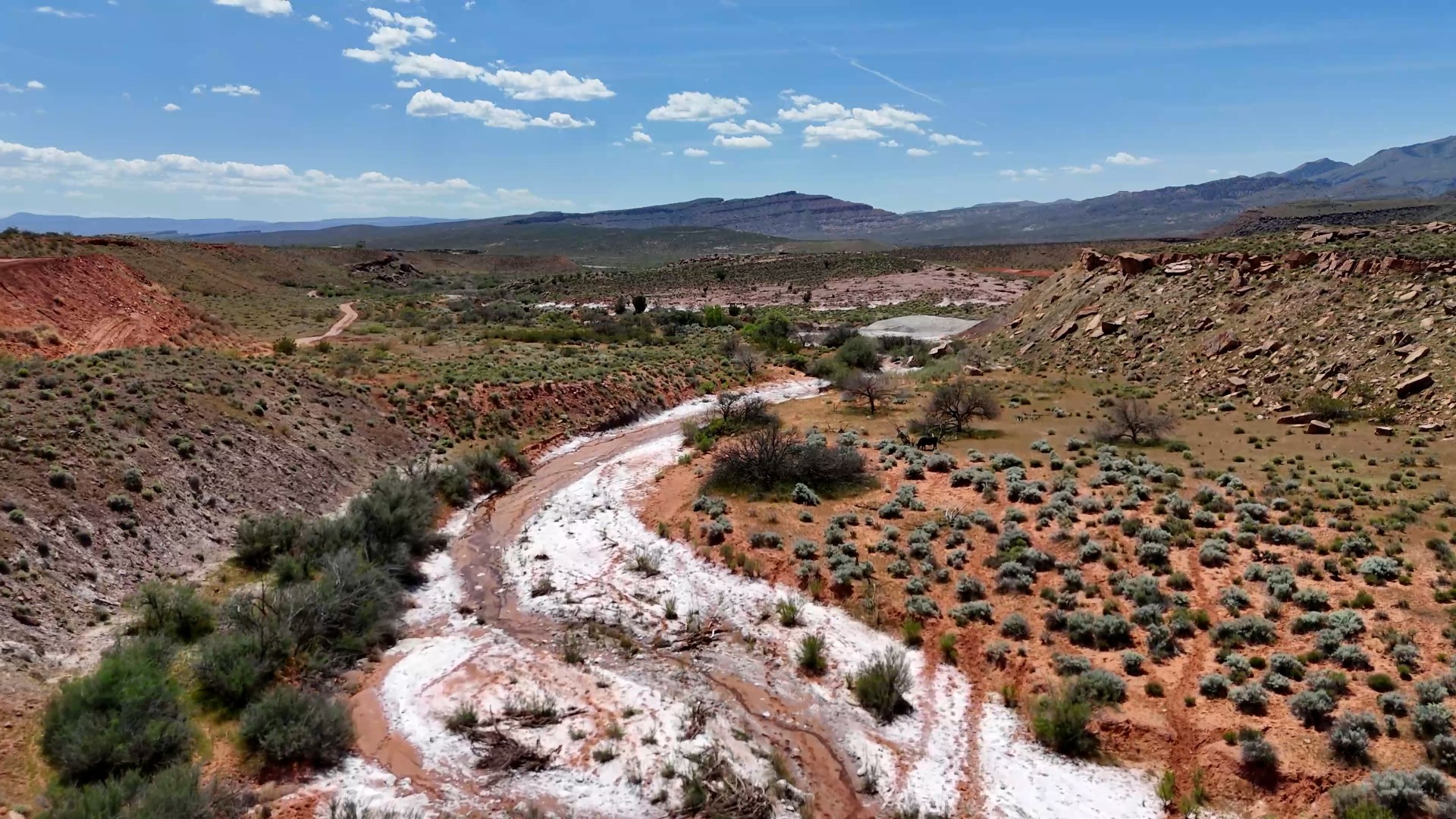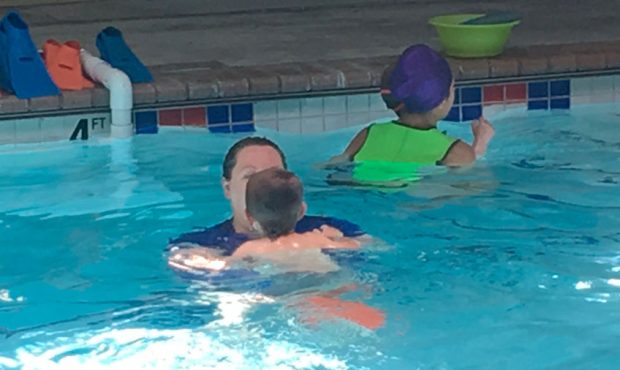Rescue crews urge outdoor enthusiasts to be prepared in the mountains
Jan 11, 2024, 10:11 PM | Updated: Jan 12, 2024, 7:07 am
SALT LAKE CITY — With fresh layers of snow blanketing mountainous terrains and a holiday weekend on the horizon, rescue teams are bracing for a surge in calls.
Landon Middaugh, a seasoned rescuer with six years of experience, recounted Monday’s rescue at Powder Mountain that Utah’s Department of Public Safety conducted. He highlighted the unpredictable nature of winter operations, where rescues become a race against time, especially with the sun setting.
“A helicopter rescue isn’t guaranteed to anybody,” Middaugh said, pointing out the limitations imposed by adverse weather conditions. “We’re not always able to fly, you know, with weather coming in,” he added.
A skier and two patrol officers needed rescuing after getting stuck in the backcountry near Powder Mountain Monday afternoon.
Read: https://t.co/HeQhpfHz6x pic.twitter.com/ZoimPeZ8OE
— KSL 5 TV (@KSL5TV) January 12, 2024
Ryan Clerico, a member of Salt Lake County Search and Rescue, agreed. He emphasized that conditions, particularly in the backcountry, can be exceptionally perilous. Even a seemingly minor incident, such as a knee injury, may pose challenges regarding timely assistance.
“Hypothermia is harder, avalanche conditions are harder, everything is harder,” Clerico said.
The rescue team relies on a fleet of snowmobiles, but swift and effective operations depend on individuals taking responsibility for their safety.
Middaugh stressed the importance of readiness, telling KSL TV, “I just can’t emphasize that enough. It helps us. The more prepared you are, the better that missions go.”
Practical tips for those heading into winter adventures include ensuring that cellphones are fully charged, carrying avalanche beacons for backcountry excursions, dressing in warm layers, and having a flashlight on hand. These precautions can make a significant difference in ensuring personal safety and minimizing the challenges rescue teams face.
The best-case scenario is for outdoor enthusiasts to avoid finding themselves in a situation where a public safety helicopter becomes their only lifeline.



